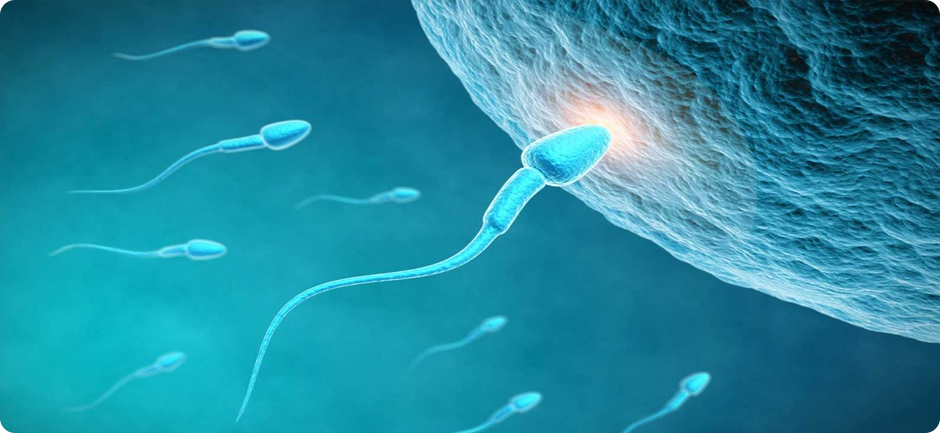|
Infertility Infertility is a challenge that affects many women and couples, often accompanied by feelings of frustration, anxiety, and uncertainty. From an endocrinological perspective, infertility is usually linked to hormonal disorders that regulate ovulation, menstruation, and ovarian function. Conditions such as Polycystic Ovary Syndrome (PCOS), premature ovarian insufficiency, hypothyroidism, hyperprolactinemia, or disorders of LH and FSH can interfere with normal fertility. Addressing infertility requires a detailed evaluation and personalized care. Diagnostic investigations include blood tests for hormone levels, ultrasound examination of the ovaries and endometrium, and in many cases, monitoring of the menstrual cycle and ovulation. At the same time, the woman’s overall metabolic and endocrine health is assessed, as well as any factors that may affect conception. Treatment varies depending on the findings and the needs of each couple. It may involve simple interventions such as regulating thyroid function or prolactin levels, administering medications to induce ovulation, lifestyle and dietary modifications, or collaboration with specialized assisted reproduction centers when necessary. Male Infertility Infertility is not limited to women; men can also be affected. Factors such as hormonal disorders, problems with sperm count or quality, thyroid or metabolic conditions can impact fertility. At our clinic, specialized hormonal assessments and guidance are provided to identify causes and offer targeted solutions to support male reproductive health. At our clinic, infertility is approached with sensitivity, discretion, and scientific precision. Our goal is to create a trusting environment where women—or couples—feel safe, informed, and supported at every stage. Understanding the underlying cause and receiving proper guidance are considered the first steps toward achieving the goal of parenthood. |

|
